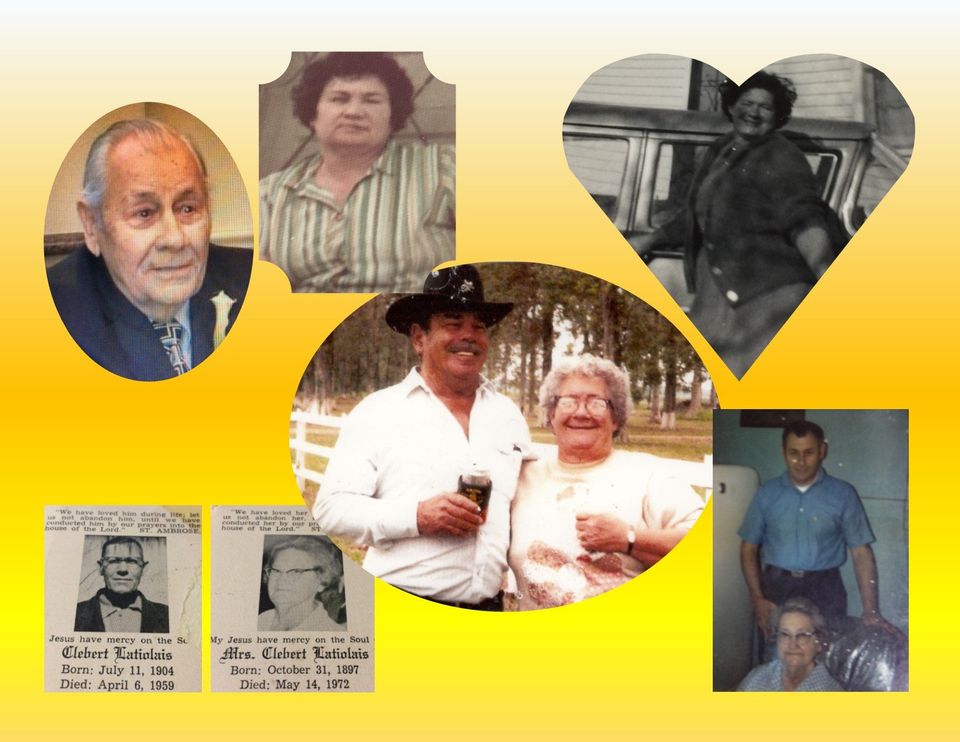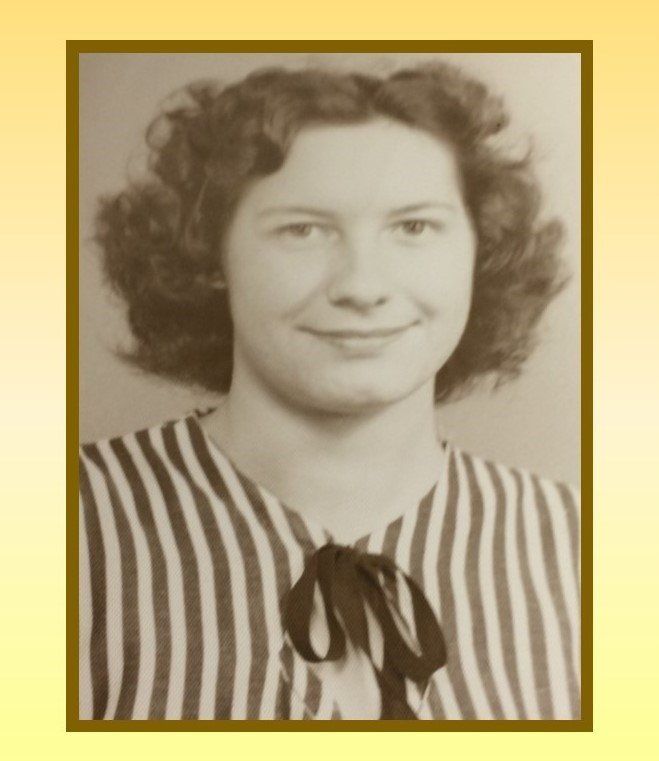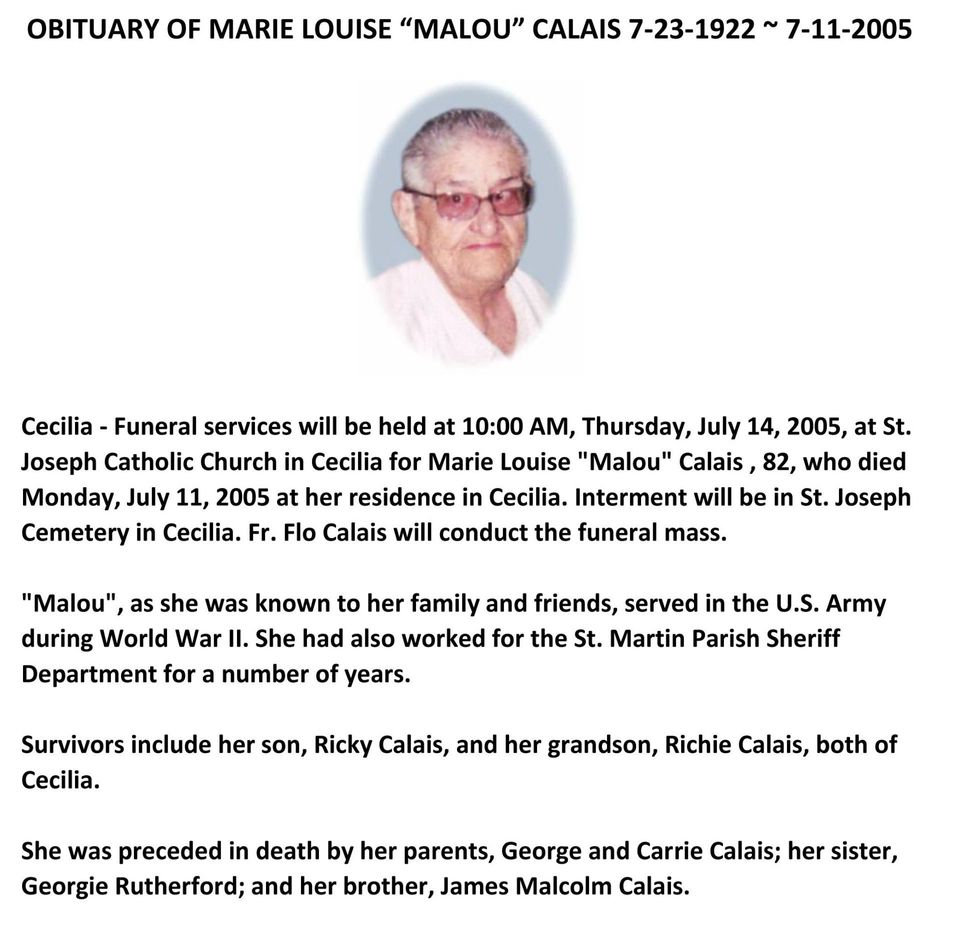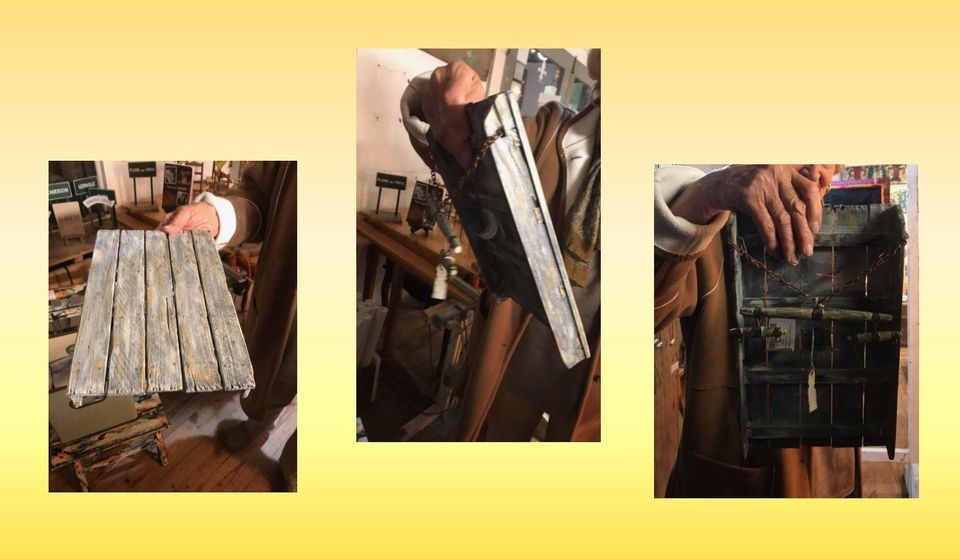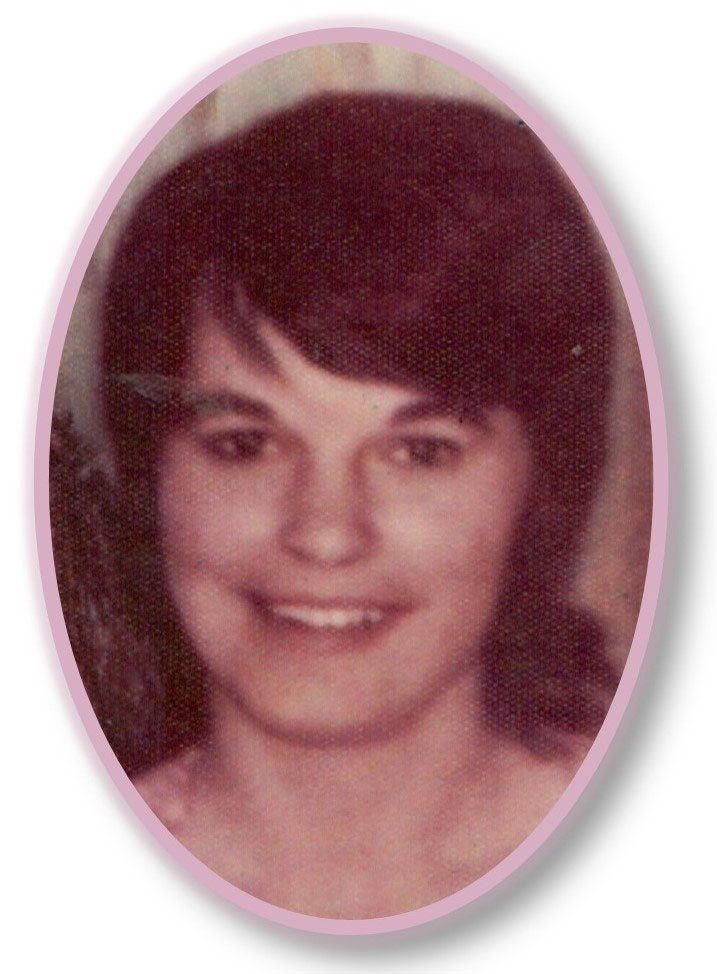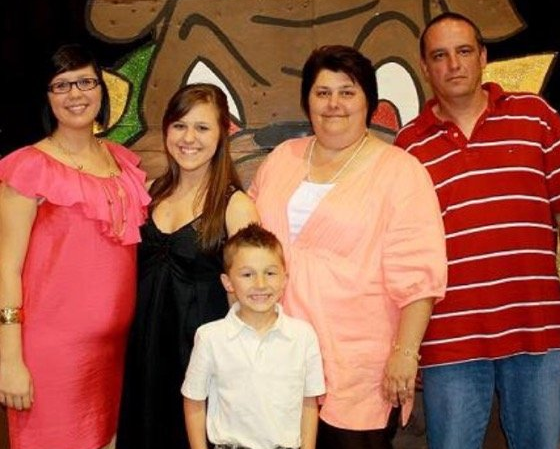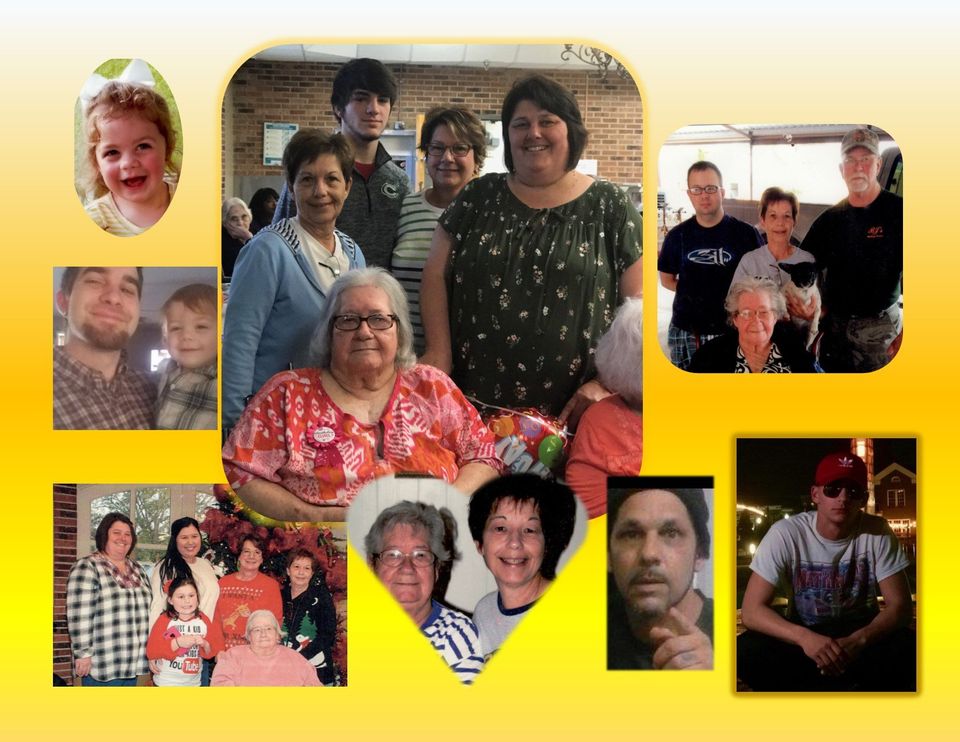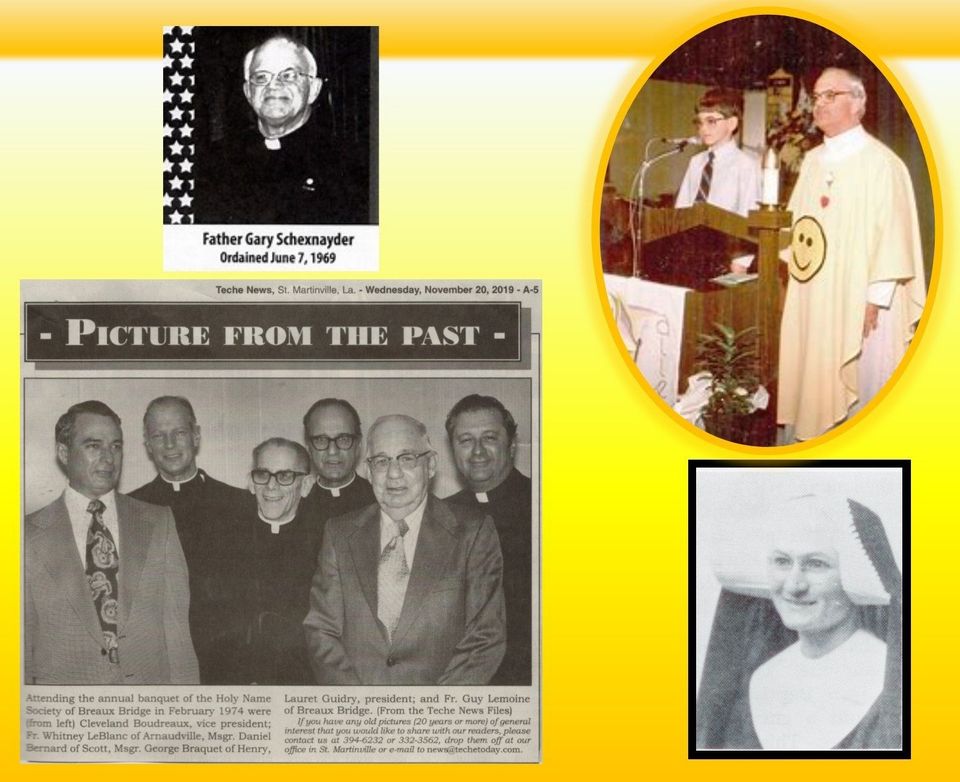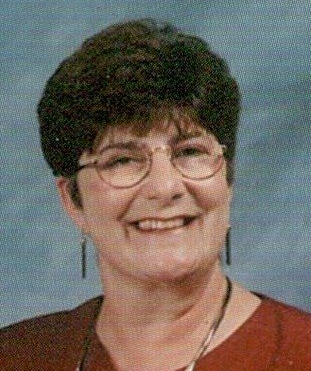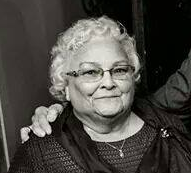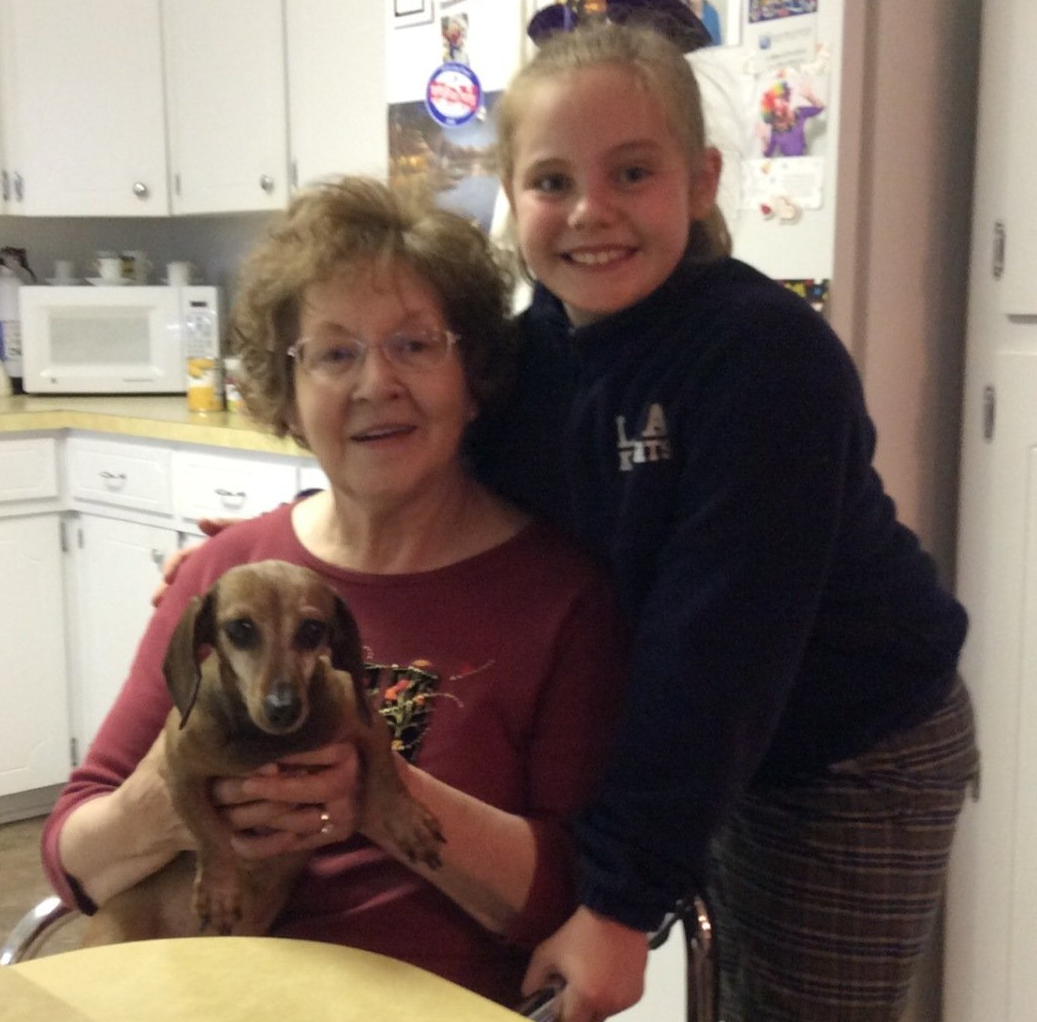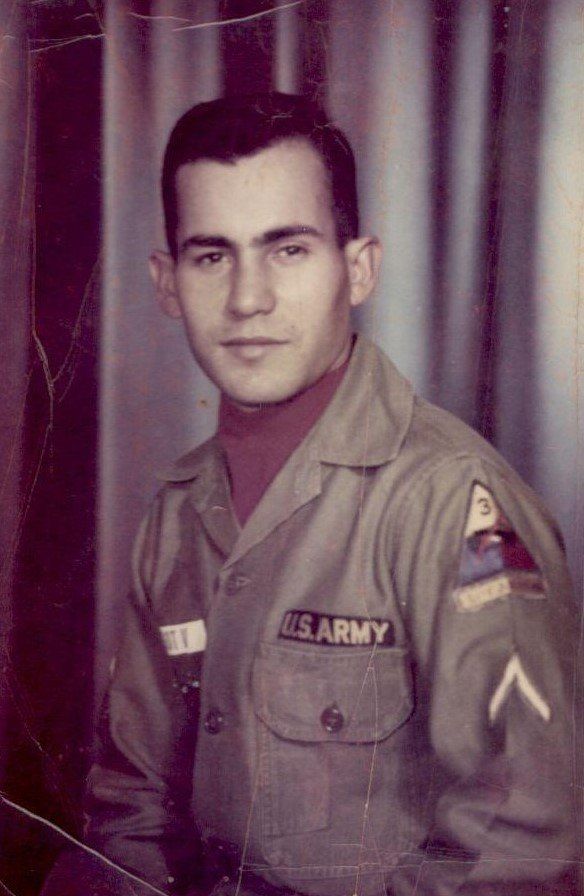J. Michael Morrow Memorial Nursing Home
Arnaudville, Louisiana
- Home
- Services
- Activities
- St. Patrick's Day Party 2024
- February Birthday Party 2024
- Mardi Gras Parade 2024
- January Birthday Party 2024
- Staff Christmas Decorating 2023
- The Martha and Mary's Christmas Story 2023
- Resident Door Decorating 2023
- Caroling with Area Schools 2023
- Bridge Point Farms Christmas 2023
- Night Before Christmas Party 2023
- December Birthday Party 2023
- SLP TRIAD Day December 2023
- Veteran's Day 2023
- Fall Fest 2023
- Halloween at Bridgepoint Farms 2023
- Halloween 2023
- Trunk or Treat 2023
- October Birthday Party 2023
- Paint the Town PINK 2023
- September Birthday Party 2023
- SLP TRIAD Day Sept 2023
- Senior to Senior 2023
- Resident Garage Sale 2023
- Furry Friends Program 2023
- August Birthday Party 2023
- Science Museum Field Trip 2023
- July Birthday Party 2023
- SLP TRIAD Day July 2023
- Father's Day "Oh Hoppy Day" 2023
- June Birthday Party 2023
- Pet Therapy 2023
- Cecilia Highschool Band 2023
- National Nursing Home Week 2023
- Mother's Day Brunch & Bubbly 2023
- Cinco de Mayo 2023
- Senior Prom Pageant 2023
- Easter Eggstravaganza 2023
- Charlee's Angels April 2023
- Ecole St. Landry April 2023
- Westminster School Trip 2023
- April Birthday Party 2023
- Charlee's Angels March 2023
- March Birthday Party 2023
- St. Landry Parish Sheriff's Office TRIAD Day March 2023
- Gardening 2023
- Movie Day Trip March 2023
- Free Throw Championship 2023
- Mardi Gras 2023
- Valentine's Sweetheart Social 2023
- Super Bowl Party 2023
- Christian Youth Theatre GREASE 2023
- Westminster Christian Academy Christmas Visit 2023
- MACA Choir's Christmas Performance 2022
- Cecilia Highschool Band 2022
- Door Decorating Contest 2022
- Louisiana Christian School 2022
- Elf on The Shelf 2022
- Bridge Point Farms 2022
- Celebrating 100 years! 2022
- A Year of Birthday Parties 2022
- Fall Fest 2022
- Berchman's Academy 2022
- Veteran's Day 2022
- Halloween Fun 2022
- Amazing Thing Happen Here!! June-September Fun
- Father's Day 2022 Chillin' and Grillin'
- National Skilled Nursing Home Week 2022
- Cinco de Mayo 2022
- Mother's Day 2022
- Spring Pageant 2022
- Mardi Gras Resident's Parade 2022
- Valentine's Day 2022
- Christmas 2021
- Fall Festivities 2021
- 2020 Happy Mardi Gras!
- 2020 Happy Valentine's Day!
- 2019 Christmas Party
- Circuit Riders Christmas 2019 Shopping Spree
- Christmas Activities 2019
- October Activities 2019
- Paint the Town Pink, October 2019
- Pumpkin Making, October 2019
- Black Pot Cook Off, September 14, 2019
- Easter Petting Zoo, April 2019
- Gardening for Our Seniors, March 2019
- 2019 Happy Mardi Gras!
- 2019 Happy Valentine's Day!
- Cecil Guidry Cooking
- 2019 Casino Royale
- Breast Cancer Awareness 2018
- Gardening for Our Seniors 2018
- July 4th 2018 Celebration
- Luau Party - June 2018
- Bucket Gardening 2018
- Easter 2018
- Christmas at The Lastrapes 2017
- Spring Pageant 2018
- Spring Pageant 2017
- 2017 Deficiency Free
- NYU French Immersion Students Visit
- Mardi Gras 2017
- Holloween 2017
- Easter 2016
- Orphan Train Museum 2016
- Mardi Gras 2016
- Paint The Town Pink
- Newsletter
- Contact Us
- More
"Veavil"
"Keep your face to the sun and you will never see the shadows."
Veavil recounts the story her mother told of her birth. It was a cold, but sunny, November 24, 1929, day when her mother’s sister assisted in Veavil’s birth. As was the custom, Veavil’s mother, Cecilia Huval Latiolais, delivered all three of her children, one boy and two girls, at home. They were called J.C., Mary and Veavil. Cecilia had heard the name “Veavil.” It was unusual and she liked it. She chose that name for her baby.
Veavil’s early years must have seemed easy to her parents. Two years before, not long after Veavil’s sister was born, the family had to evacuate to Lafayette in advance of the floodwaters of 1927 when the levee broke. They lived in a tent city off the Breaux Bridge Highway in the hilly area around the intersection of the Breaux Bridge Highway and the Lake Martin Road. In French, “hill” is “ colline” so the French-speaking exacuatees would explain that they had been sent to “la colline.” After the waters receded, the Clebert Latiolais family returned to their peaceful home in Grand Anse.
Veavil was the baby of her family. Her sister and brother attended a small school in Grand Anse; but, the family moved and so all of Veavil’s 11 years of schooling was at the Cecilia School. Transportation to school was in a “transfert d’ecole” drawn by horses. In the 7th grade, the boy who sat in front of Veavil was George “Joe” Guidry who would become her husband. Joe did not graduate from school. He had to quit to help his father on the farm.
Veavil earned her diploma in 1947 after 11 years. There was no 12th grade at the
time; but it was the last year for the 11 year program. The following year, the 12th grade
was added. Veavil earned a scholarship
to Northwestern State in Natchitoches; but, there was no way her family could
afford to send her to college. What followed high school made for a very fun-filled life.
One Saturday night, when Veavil was at the Wild Cherry Club in Breaux Bridge, she danced with Joe Guidry, the boy who sat in front of her in 7th grade. He was a good dancer; but he did not enjoy dancing. The Wild Cherry Club was known as the “Longest Bar in Town.” It is where the young people danced. There was always a Cajun band that played on Saturday nights.
“My grandmother died during this time. We respected the dead, so I did not go to dances for a while. Joe lived next door to us. We went to the show; but we did not go to the dance. In 1947, the year I graduated from school, Joe turned 18 and was drafted into the Army.”
Joe’s military career took him to Japan where he helped clean up the destruction of the two atomic bombs detonated over the Japanese cities of Hiroshima and Nagasaki on August 6 and 9, 1945. This experience greatly impacted his life. He long remembered a dead baby still positioned as though nursing on its mother. Those sights remained with him throughout his life and he prayed no one would ever see that again.
Once while in a bar in Japan, someone called out his
name. “Joe Guidry? Joe Guidry is that
you? He turned around and there was MaLou Calais, a woman from Cecilia who had
also joined the military. When MaLou
returned from the military, she went to work for the Sheriff’s Office. The following is an excerpt from Malou's Obituary.
Veavil continues: “While Joe was in the Army, I went to work for the school in Cecilia as a janitress earning $75 a month. Now, people make that in a day! It was the school that burned later on, Cecilia High School. It was not a mop we used, it was a broom. Lena Calais was the janitress but the year after I finished high school, she could not work so I was hired. My transportation to and from work was a bike. When it rained, my dad would come bring me. I was in shape!”
A year after Veavil graduated from high school, at the age of 19, she and Joe decided to marry. Joe had completed his military service. They had saved money from their jobs so they built a little cabin which was to become their first home. It is where they spent their honeymoon. They had fixed it up and all of their possessions were in their little cabin.
“Joe’s father and my mother were second cousins. We had to pay an extra $5.00 for our marriage license because we were related. We married on a beautiful Saturday afternoon at the church in Cecilia. Father George Braquet, the pastor at St. Joseph Church, married us. It was a very small wedding and the reception was at my in-laws home. My father in law was J. B. Guidry and my mother in law was Mosela Blanchard Guidry. Most of the people did not even have cars back then. My father had a car, so he provided transportation for some of the people who attended our wedding.”
After Veavil married, she no longer worked but became a housewife. She got pregnant and Joe became the breadwinner.
In Veavil’s early married life, their transportation, as it was for most people, was a draw board or “traîneau” in French. The draw board would be pulled by one or two mules. Some people had wagons to use for work and transportation. In their early years together, Joe and Veavil placed chairs on the draw board for him and her and the baby would sit on her lap. This is how they traveled the muddy roads before they bought a car.
"Joe earned a living by planting a whole field of vegetables. He received a check from the military for growing produce and attending school to learn how to farm. He grew okra, corn, beans and other vegetables. I washed the okra, dried and cut it in order to sell it. Joe invented a machine to cut the okra. This made the job much faster. He would cut a batch in about 15 minutes. This is how Joe supported our family. I still miss gardening and l Iove to be outdoors. I enjoyed cutting my grass and tending to my yard. My favorite vegetables are cucumbers and tomatoes."
“After Joe finished his time with the military, he went to work on a dredge. I was home with my firstborn child, a girl we called Phyllis. She won the State title for shorthand when she was in school. She married Kirby Dupuis and they had one little girl, Gessette. Phyllis got real sick. Kirby worked for Exxon. The company told him to stay home and take care of his wife when she was near death. Phyllis passed away when she was only 23. She died of bone marrow cancer. During her illness, her mother in law took great care of her. Kirby and Phyllis and their little girl moved in with Kirby’s mother and she helped care for Phyllis and also helped care for Gessette who was only two and a half when Phyllis passed away. She does not remember her mother. Eventually, Kirby remarried. He married a wonderful woman, “Sue,” who is still helping Gessette. When they decided to marry, I told her: Sue, you know you are going into a house with a lot of memories. You have to make up your mind before you get in what you are going to do. She was very good to Gessette. She raised her like her daughter. Sue has two sons but she always has been good to Gessette.
"When Phyllis was sick, I had a business. I was a bartender. Joe and I took care of a business which my brother in law owned. At one time, he had to travel overseas. Joe and I took over his business. The money we made was ours. When my brother in law came back, he wanted his son to take over the business after he graduated. So, Joe and I bought some property and we built a building and that was when we opened a bar called Joe’s Café. I have very good memories of those days. I wish I had kept a book of all the strangers who visited Joe’s Café. It was located right near Diesi’s in Henderson. It was on the same side of the road as Diesi’s. We had a good crowd. It was not for teenagers. Some of the people who visited Joe’s Café played cards, Bourré mostly. We started out playing for 15¢ and then increased it to 25¢. It went up to $1 but that was too much. We had Joe’s Café for 13 years.
“I had three girls. My second daughter, Karen, who is 67 now, lives in Parks. She is widowed. She has two boys, one is Courtney and the other is Ryan. Courtney has a son named Jules.
“And, then, my baby is Kitty. She is married to Bobby Stelly, a welder here
in Arnaudville. They have one son,
Logan. Of course, Kitty doesn't go anywhere without her dog "Tamy."
“At one time, I worked for the government teaching girls how to work. That was the biggest check I got while I was working was teaching girls how to work. I had 7 or 8 girls and I taught them how to clean all four schools in the Cecilia area. Of all the things I did in my lifetime, I enjoyed that job the most. I had worked with my sister when she was the janitress at the Cecilia schools. I learned how to handle the polishing machine. It was a beast! The girls thought it was easy but they soon learned how difficult it was to wrestle that thing. Those girls taught me a lot of things not related to the job. I learned that they were not too interested in the work but love to get their checks."
Veavil recalls that Sister Vivian Dekerlegand of Arnaudville was one of her cousins. She remembers that the day before Vivian left her family to join the Marianite Sisters of the Holy Cross, the family organized a party and Vivian spent the afternoon dancing. She loved to dance. The next day, she traveled to the convent where she spent her life as a Marianite Sister.
Veavil is a very "tell it like it is" person. She explains: “I have good friends. I try to accept everyone. I am even good friends with a Jehovah Witness. I used to go to their meetings. Everyone knew me. I have been friends with one for over 30 years. The first time she came to my house was on a Monday morning. I told her that I was sorry bu tcouldn’t talk to her. I was busy. I hadto work in the field. She said: ‘Oh, that’s all right. I’ll come back.’ She came back on a Saturday. We started talking and we became good friends.When I go to the hospital, she comes to see me. We are all human beings. I explained to her that I would read with her, study with her but I would not change my religion. She told me that she did not want to change my religion. We are still friends. She calls me and comes to see me."
She continues: “My husband, George “Joe” Guidry, passed away on May 29, 1998, at the age of 70. He had cancer. Joe worked in the oilfields and they never wore masks to work back then. I am sure that is why he got cancer. He was strong and when he took his chemo treatments, he was very sick for about three days and then it was finished. He would go back to work. The day before we left to go to the hospital, he worked. He fixed lawn mowers for people. I wish that I would have learned how to do that.I was the one who ordered the parts. I helped many people by ordering parts for them. It would save them money if we could get the parts and let them pay for what it costs. I am a helping person and we helped people by ordering parts for them.”
“I had a couple who took care of me before I came here but that did not work out. One of my grandsons, Courtney, lived with me and took care of me for a time. I had open heart surgery and I had four bypasses. It was necessary for me to come here to rehab for two months. The physical therapist said when I was able to walk from Physical Therapy to my room, I could go home.I told them to give me my walker and I walked to my room. They discharged me.
"This is my second time here. There will be four years on August 5, that I came to live at J. Michael Morrow Nursing Home. I cried for a month before I came here. One of my girls lived in Arnaudville and the other one in Parks. They could not give up their lives to take care of me.
“The worse thing about my health is my legs. They want to dance! They want to move. I don’t know and the doctor doesn’t know why but I have restless legs. When I got to the point where I could not walk or take a bath and I was confined to a wheelchair,I came here. My house was equipped with ramps but even so, it got to the point where I could not do for myself.
"Things have changed with the government. Now, you rent a wheelchair and if you rent it for one year, then it is yours. If you do not need it for the whole year, you can return it. It is rent to own.
“Before I came here, every Monday, I would go to the casino. That was my relaxation. I loved playing the nickel slot machines. Now, my favorite thing to do is play Bingo on Mondays and Pokeno on Mondays and Thursdays. When Mathilde Bourque was here, we played UNO. But, we don’t play that anymore since she passed away.
“One thing I would like to do is see the movie FIVE SULLIVANBROTHERS. That I would enjoy; but, it is very old and I don't know if they still have that.
"I’ve connected with people here that I knew before and I have made lots of friends since I am here. Life is a mystery. You have to take it as it comes. Mack, Father Gary Schexnayder, always wears a shirt with a smiley face. His mother, Florence “Shookta” Guidry was my sister in law, Joe's sister. She was the oldest one in the family. I have good memories of coming to Stephen and Shookta's home to play cards. Father Gary reminds me that we need to laugh and not be too serious." And, most importantly,
Veavil believes that: "Life is too short for us to just think of our differences. We must accept one another.”
Betty Arnaud Roy
Nonco Foundation
Around Our Home Away From Home, Our Stories
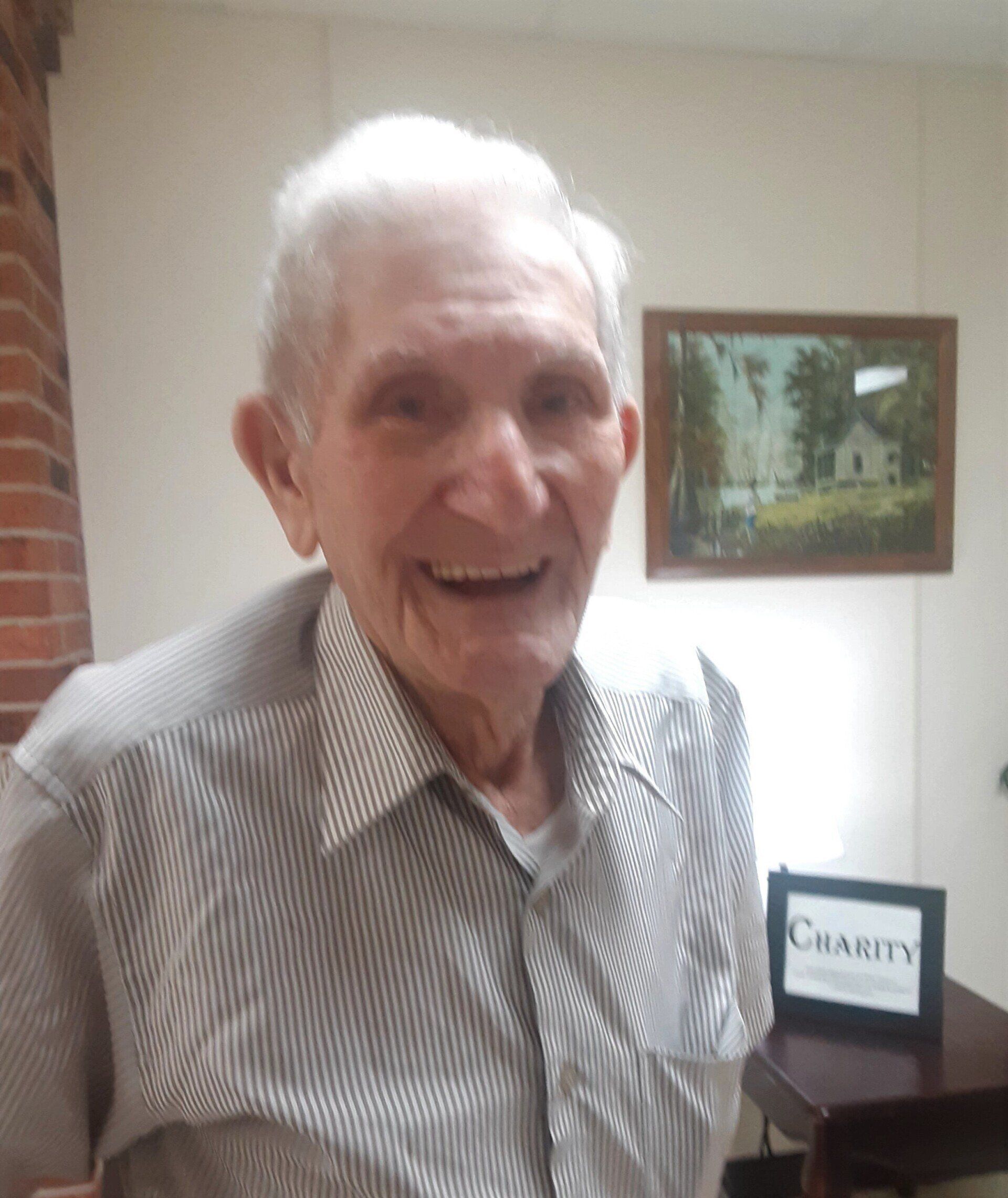
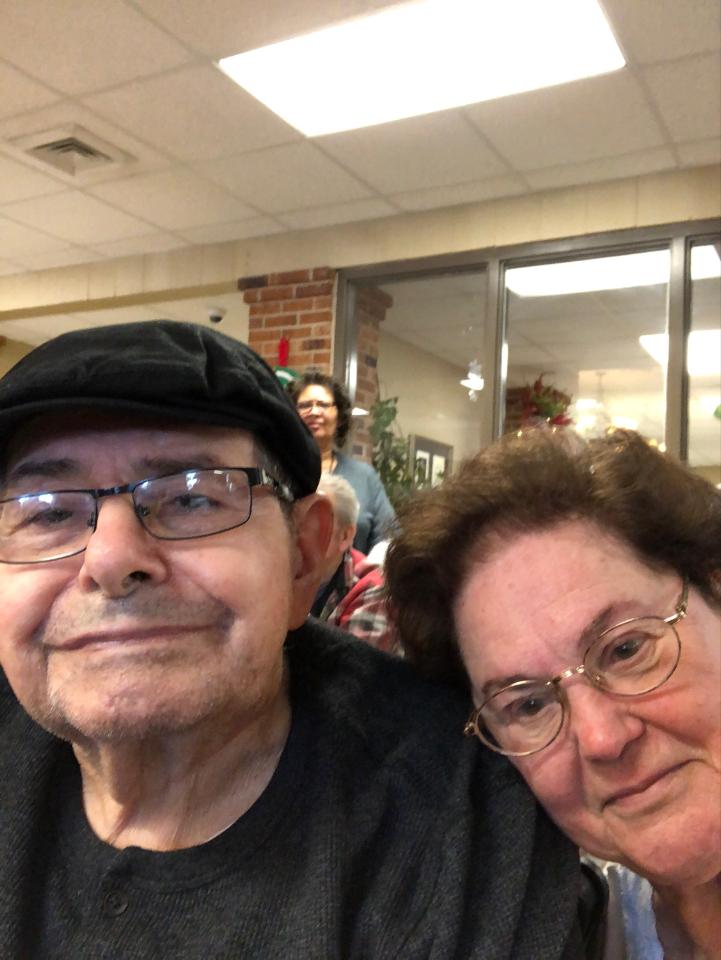
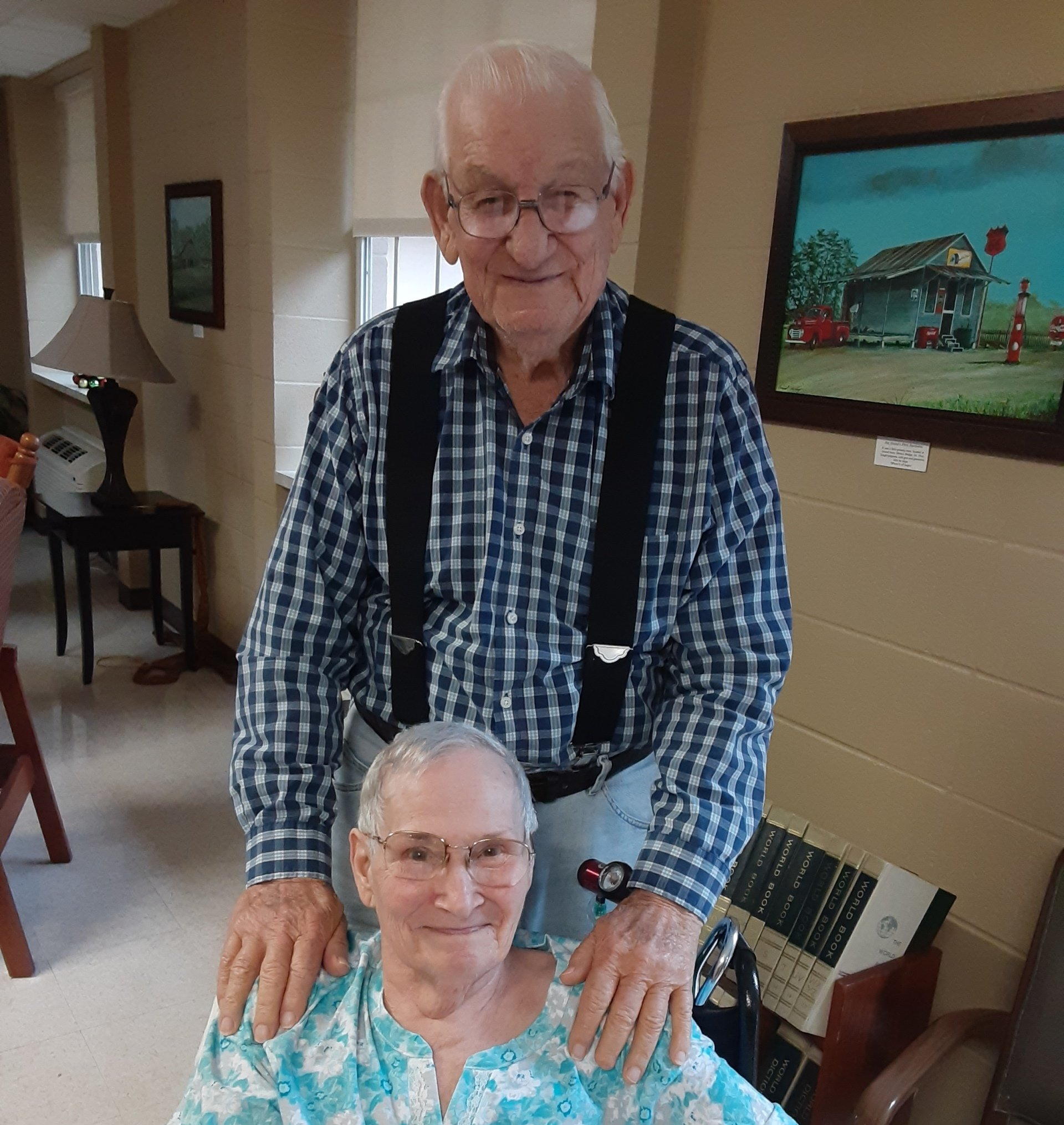
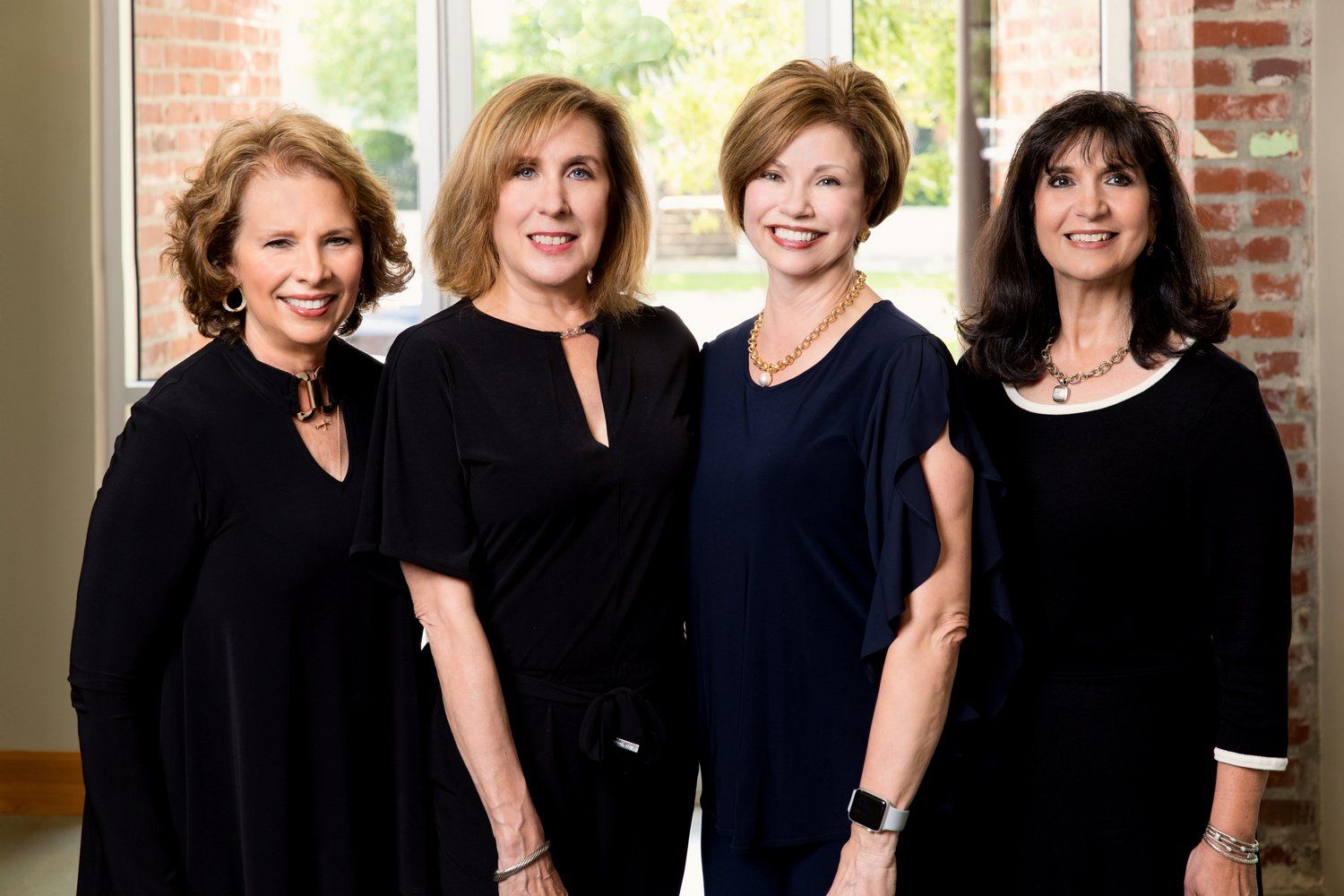
J. M. Morrow Memorial Nursing Home
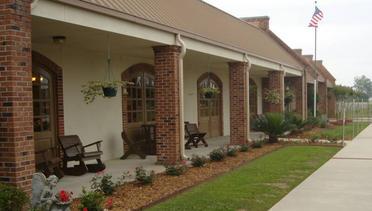
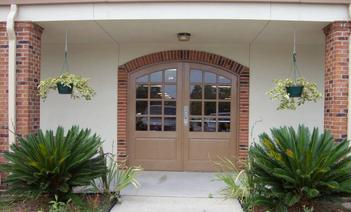

P O Box 679
Arnaudville LA 70512
Fax: 337-754-7702
Email: jmmmnh@jmmmnh.com

